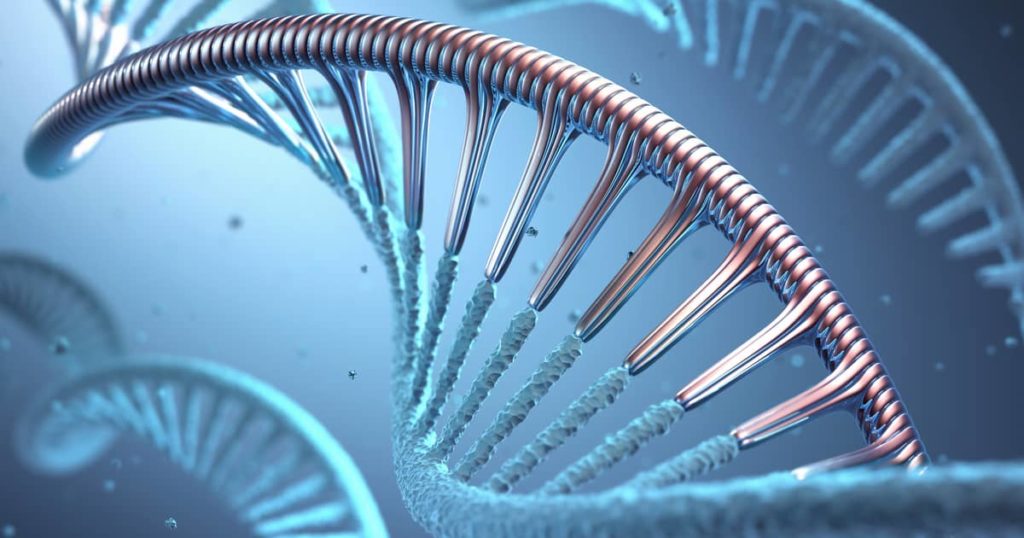Depression is a serious medical condition that can be life-threatening. While effective treatments exist, the causes of depression are not always clear. Is depression genetic or environmental? Are its root causes psychological, emotional, physiological or a combination of the three? And are there different answers for different types of depression? The simple answer to these complicated questions regarding depression and genetics is yes, sort of. In some cases, with certain types of depression, researchers have found a genetic link for the condition. A recent Stanford University study indicated approximately 40% of depression has a genetic cause. Answering the question “Is depression genetic?” is more complicated than it may seem due to the difficulty of teasing apart environmental factors that influence the condition. Siblings and family members do tend to show a familial correlation for depression, which is to say it seems to run in families. But families experience challenging times together — trauma, substance abuse, domestic violence, death or absence of a parent — and all of these painful life circumstances can increase a family member’s risk of depression. Also, being parented by a person who is struggling with depression may further increase the risk of developing a depressive disorder later in life. At this point, given the current research on genetics, the best way to answer the question “is depression genetic?” is to consider genetics as one factor that may increase the risk of developing depression. Other factors include:
- Chronic pain. If you have a medical condition, injury, or illness that leaves you in pain and impacts your ability to function, this may increase your risk of depression. This is especially true if your illness or injury has required you to give up activities you used to enjoy.
- Certain medications including hormones (birth control pills or other hormonal treatments), steroids and blood pressure medications (beta blockers) can increase your risk of depression. Be sure to discuss all your medications with your doctor, including supplements and vitamins.
- Past experiences. Trauma, abuse and other difficult or painful experiences you survived may increase your risk for depression later in life.
- A current situation that causes unresolvable conflict. If you are in a situation in some area of your life that causes conflict but you feel your hands are tied, your risk for depression is increased. Feeling that a situation is hopeless, unresolvable and inescapable (such as a job or marriage in which you feel trapped) can increase the risk of depression.
- Substance abuse. Quite literally, if you regularly ingest a substance that is a depressant (such as alcohol or barbiturates), you increase your risk of developing clinical depression. Addiction to other substances also increases the risk of depression.
- Psychological causes from childhood issues. Psychodynamic theory suggests that unresolved childhood issues, and specifically anger, lead to depression. Rage that has been turned against the self increases your risk of depression.
- Loss. While it is normal to feel sad and emotional for some time after experiencing a significant loss (death, divorce, loss of a job, loss of a pet, or other traumatic loss), prolonged sadness that doesn’t abate can be an indicator of depression. Loss is a risk factor for developing depression.
Is depression genetic? Yes. In those cases where there is no evidence of any other factor, genetics may indeed be the cause. Regardless of the cause of your depression, talk with your treatment providers, and get help. Medications and psychotherapy can make a huge difference and help your enjoy life once again. Resources: https://depressiongenetics.stanford.edu/mddandgenes.htmlhttps://www.webmd.com/depression/guide/causes-depression#1https://www.healthline.com/health/depression/genetic#Overview1


